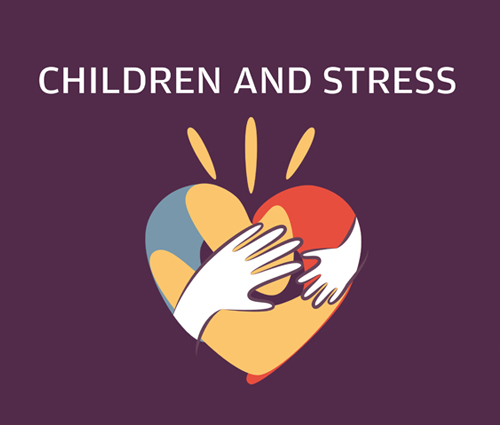The following recommendations are from the Centers for Disease Control and Prevention and of the American Academy of Pediatrics for promoting adjustment to stressful and traumatic events:
- Acknowledge and accept behavior as normal adaptations to stress
- Provide children with opportunities to share what they went through or what they think about it.
- Provide support and comfort
- Model healthy coping behavior
- Help your children to feel a sense of control and manage their feelings by encouraging them to take action directly related to the disaster. For example, children can help others after a disaster, including volunteering to help community or family members in a safe environment. Please be informed that it is not safe for children to participate in the disaster cleanup activities for health and safety reasons.
- seek help if you think that your child’s response to the disaster is beyond your capacity
The common reactions to distress will disappear over time for most children. However, children who were directly exposed to a disaster can manifest symptoms of distress on a later stage. Moreover, the behavior related to the event may return if it is triggered by anything that they see or hear reminding them of what happened.
| For infants to 2 year olds | Infants may become more irritable. They may cry more than usual or want to be held and cuddled more. |
| For 3 to 6 year olds | Children may return to behaviors they have outgrown. For example, toileting accidents, bed-wetting, or being frightened about being separated from their parents/caregivers. They may also have tantrums or a hard time sleeping. They may experience excessive fear of any stimuli that remind them of the disaster. |
| For 7 to 10 year olds | Older children may feel sad, mad, or afraid that the event will happen again. Peers may share false information; however, parents or caregivers can correct the misinformation. Older children may focus on details of the event and want to talk about it all the time or not want to talk about it at all. They may have trouble concentrating or they may show aggressiveness or frequent crying episodes. |
| For 11 to 18 | Some preteens and teenagers respond to trauma by acting out. This could include confusion, distraction or loss of interest. Others may become afraid to leave the home. They may cut back on how much time they spend with their friends. They can feel overwhelmed by their intense emotions and feel unable to talk about them. Their emotions may lead to increased arguing and even fighting with siblings, parents/caregivers or other adults. |
| For special needs children | Special needs children might have more intense distress, worry or anger than children without special needs because they have less control over day-to-day well-being than other people. The same is true for children with other physical, emotional, or intellectual limitations. Children with special needs may need extra words of reassurance, more explanations about the event, and more comfort and other positive physical contact such as hugs from loved ones. |
For more resources and information kindly check the following links
https://www.cdc.gov/childrenindisasters/helping-children-cope.html
https://www.aap.org/en-us/Documents/disasters_dpac_PEDsModule9.pdf



